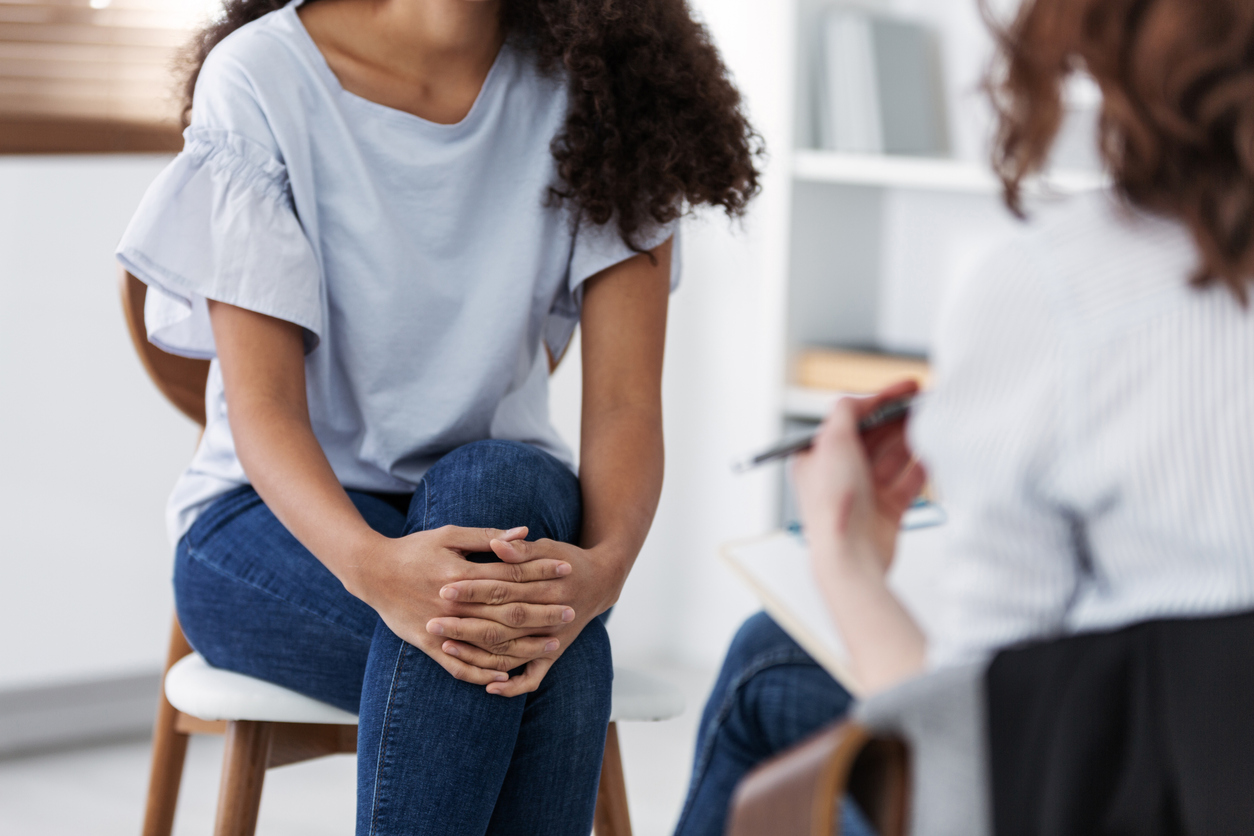Danielle Meddemmen
23 July 2021: Better representation of Aboriginal and Torres Strait Islander people within the mental health workforce could produce more positive outcomes for Indigenous mental health and suicide rates, according to a review led by a University of Canberra academic.
The publication, Improving mental health outcomes with an Indigenous mental health workforce, was co-authored by Associate Professor Dr Penney Upton in collaboration with colleagues from Charles Darwin University (CDU), and launched alongside the new Indigenous Mental Health and Suicide Prevention clearinghouse from the Australian Institute of Health and Welfare (AIHW).
Dr Upton and her colleagues found that improving representation of Aboriginal and Torres Strait Islander people within the mental health workforce was a vital step in encouraging more people to seek help, because mental health services delivered by Aboriginal and Torres Strait Islander professionals are considered more culturally safe and trustworthy.
“We know there are very high rates of psychological distress in the Aboriginal and Torres Strait Islander population, but little engagement with mental health services,” she said.
“We found one of the barriers to people taking up that service engagement is that there is an underrepresentation of Aboriginal and Torres Strait Islander professionals in that workforce.
“Reasons for that underrepresentation include a high level of burnout in workers within that space, high drop-out rates of Aboriginal and Torres Strait Islander people studying mental health courses, and a lack of opportunities for up-skilling in the industry.”

The researchers also highlight that addressing systemic racism, and recognising and valuing the strengths and expertise of Aboriginal and Torres Strait Islander mental health workers, will also improve staff retention.
The website, which went live on Wednesday 14 July, is managed by the AIHW, with funding from the Department of Health.
Dr Upton’s research was one of six publications launched alongside the clearinghouse, which hopes to inform initiatives addressing the issues.
The research paper suggests that providing better support, mentoring and professional development training opportunities for the existing Aboriginal and Torres Strait Islander workforce, and ensuring all non-Indigenous staff are culturally competent, and can increase the cultural safety of mental health services.
“We want to see cultural competence and trauma practice embedded in all study within the mental health space, rather than being treated as an add-on or specialisation,” Dr Upton said.
“There is also strong evidence that shows if you can provide better professional development opportunities for the existing workforce, you have better retention rates.
“Alongside this, by upskilling non-Indigenous Australians, you can ensure that they can offer culturally safer services.”
The clearinghouse was launched in response to the Fifth National Mental Health and Suicide Prevention Plan, and will continue to act as a centralised database of up-to-date information about wellbeing, mental health and suicide prevention among Indigenous Australians.


